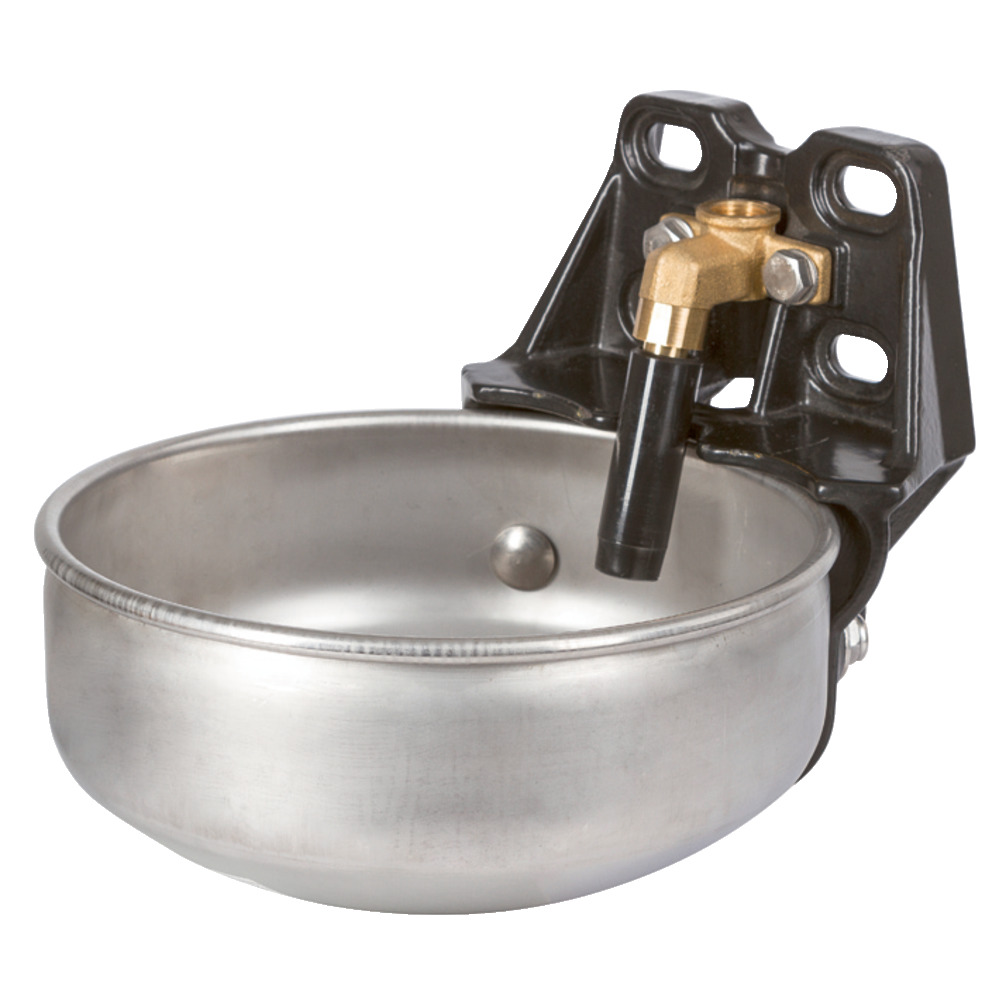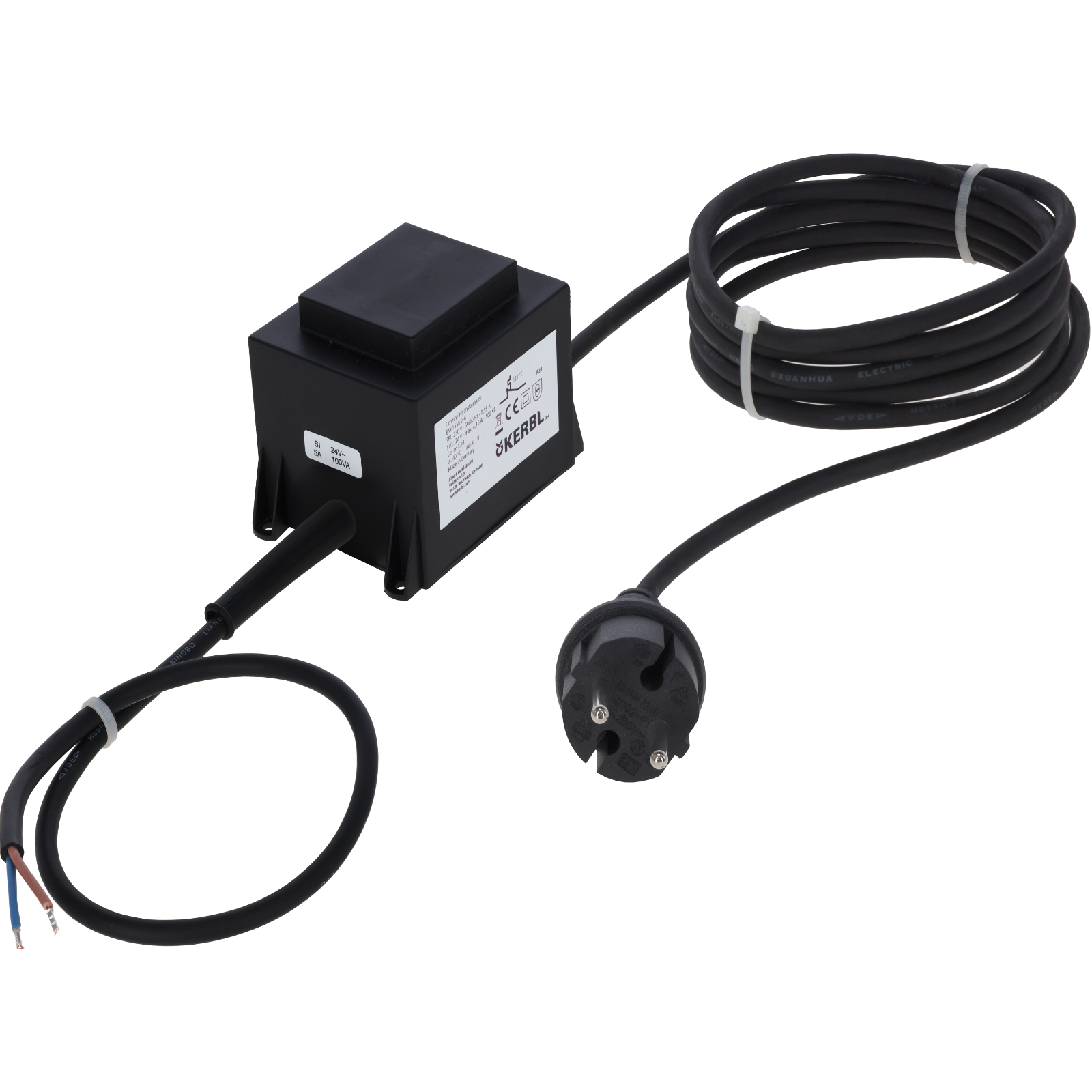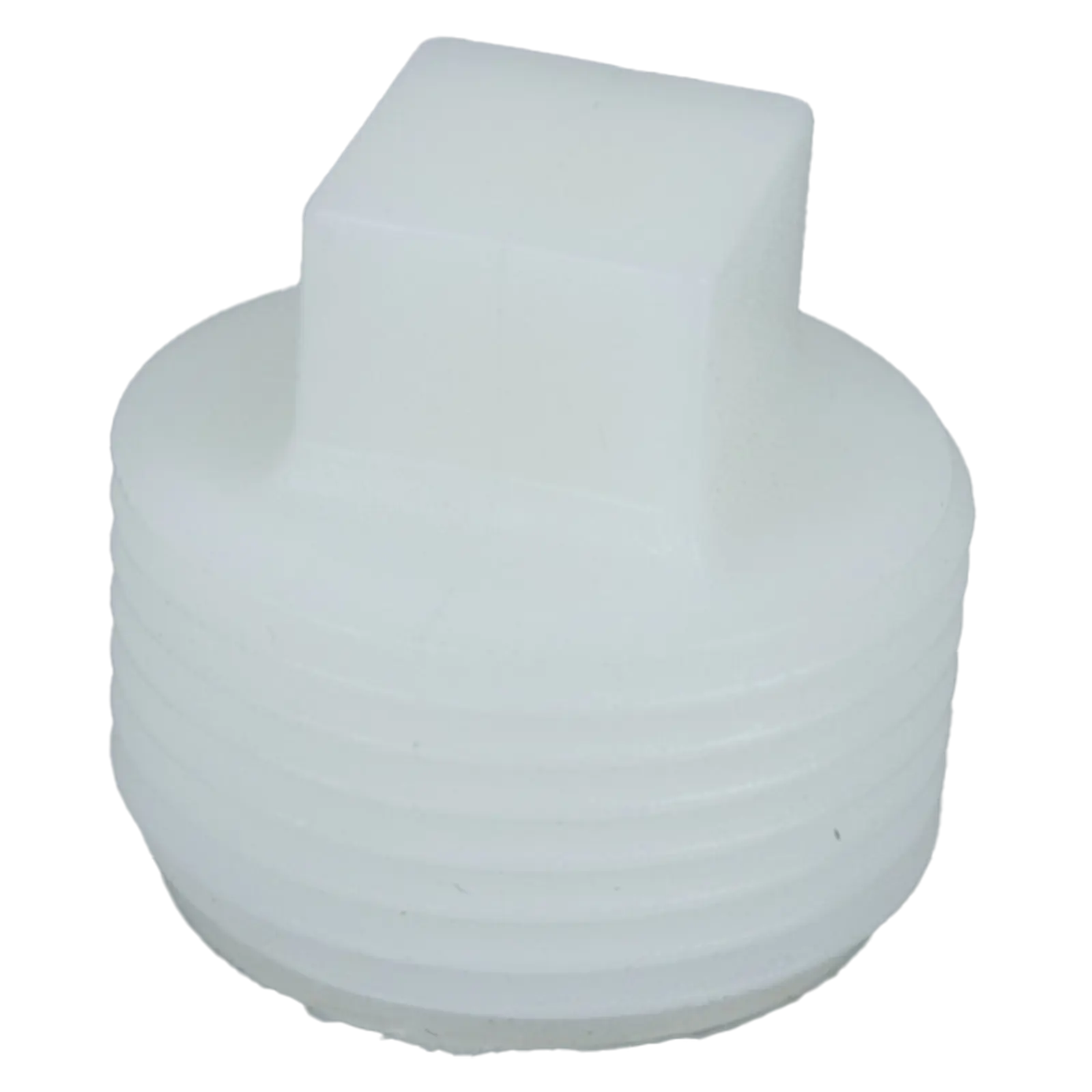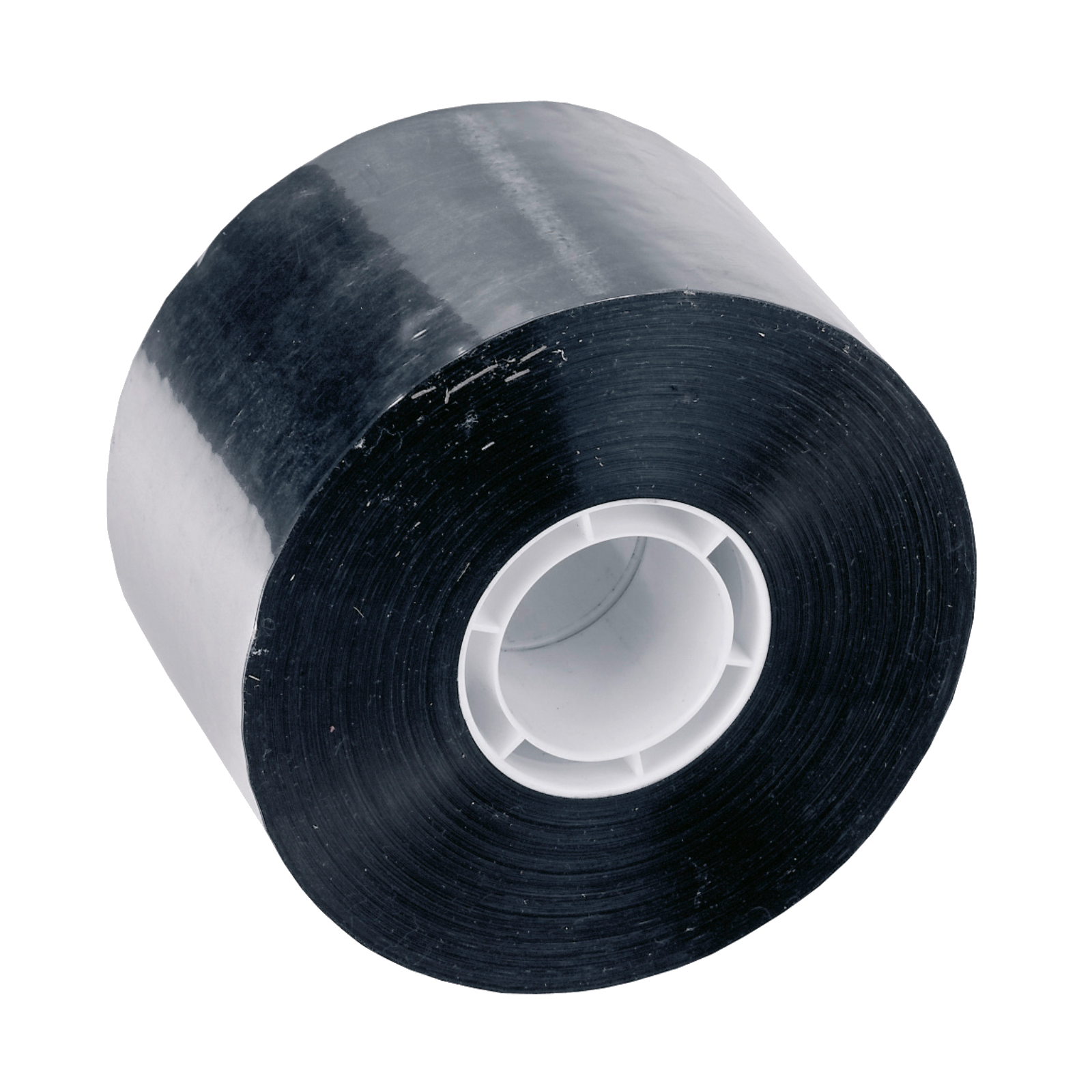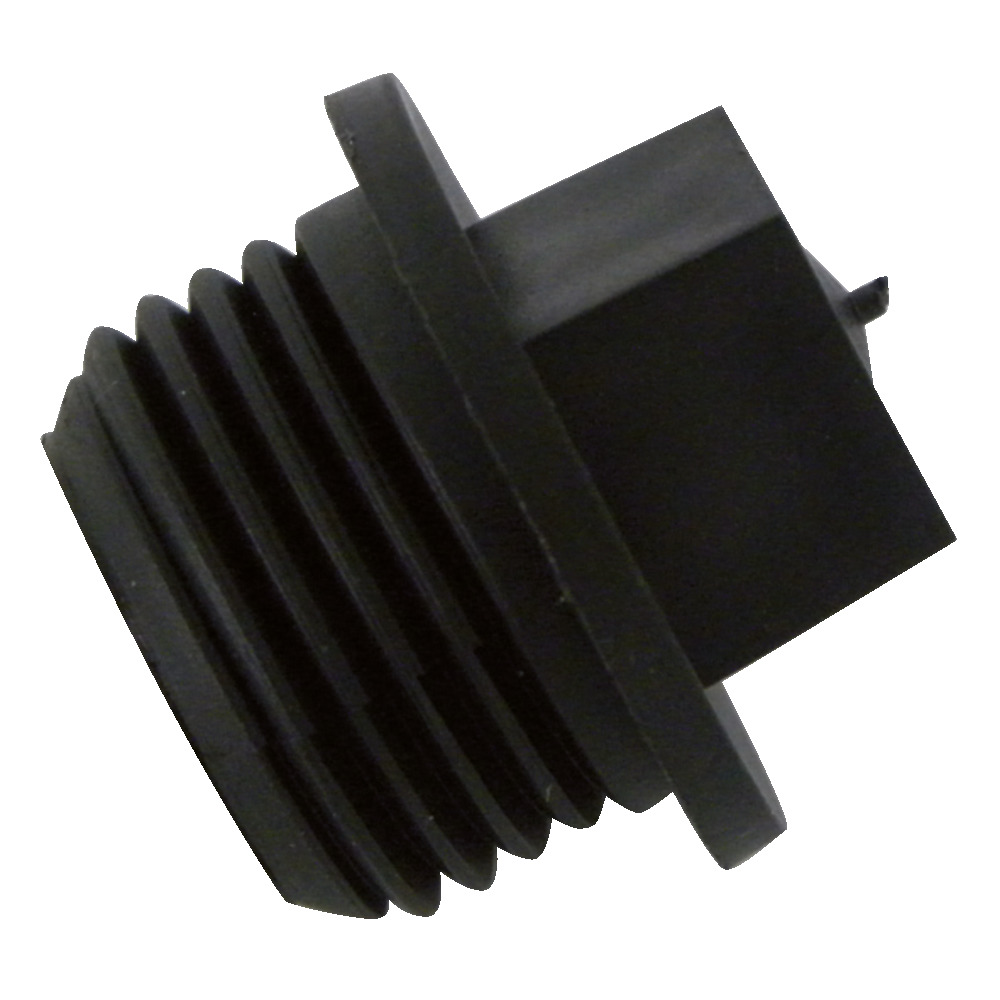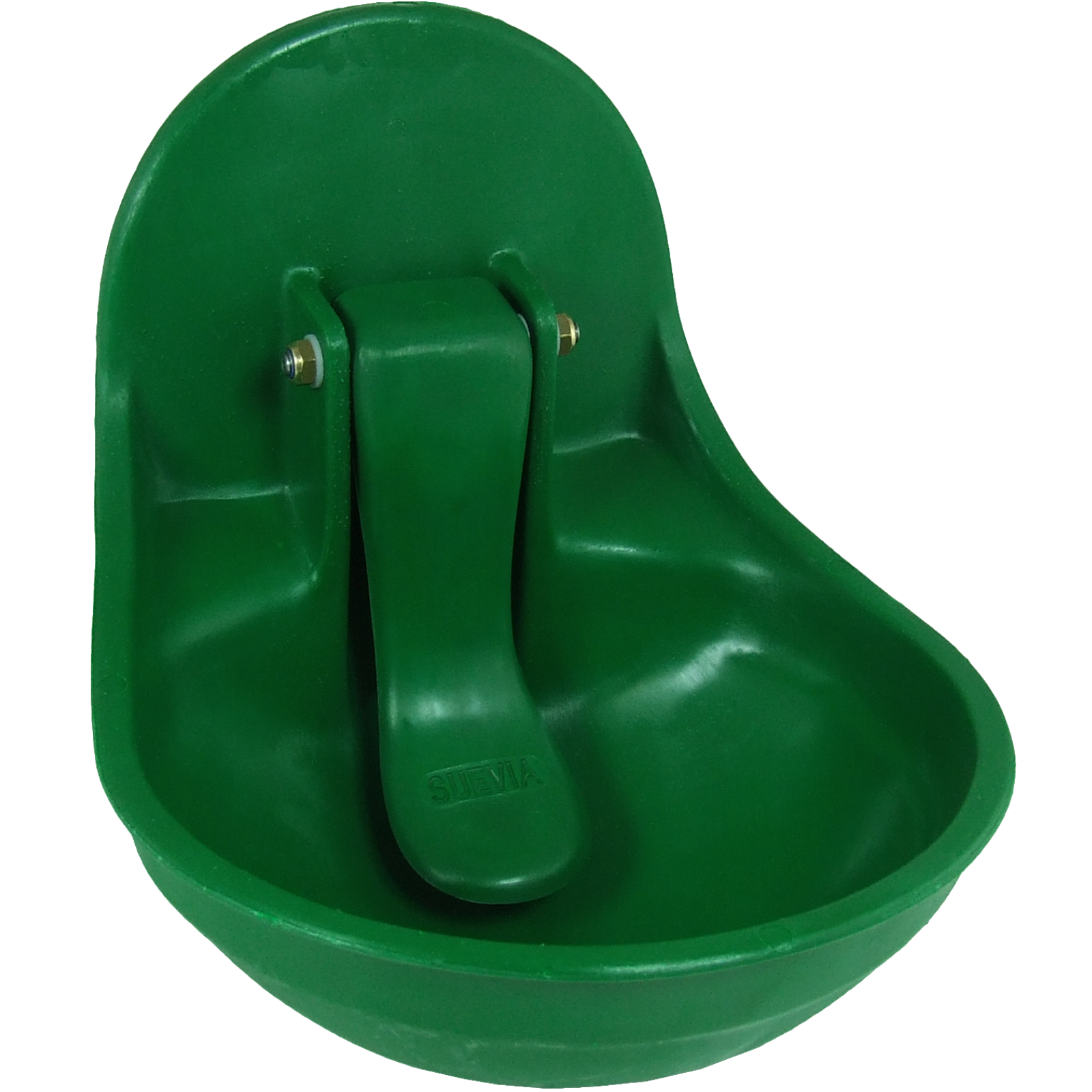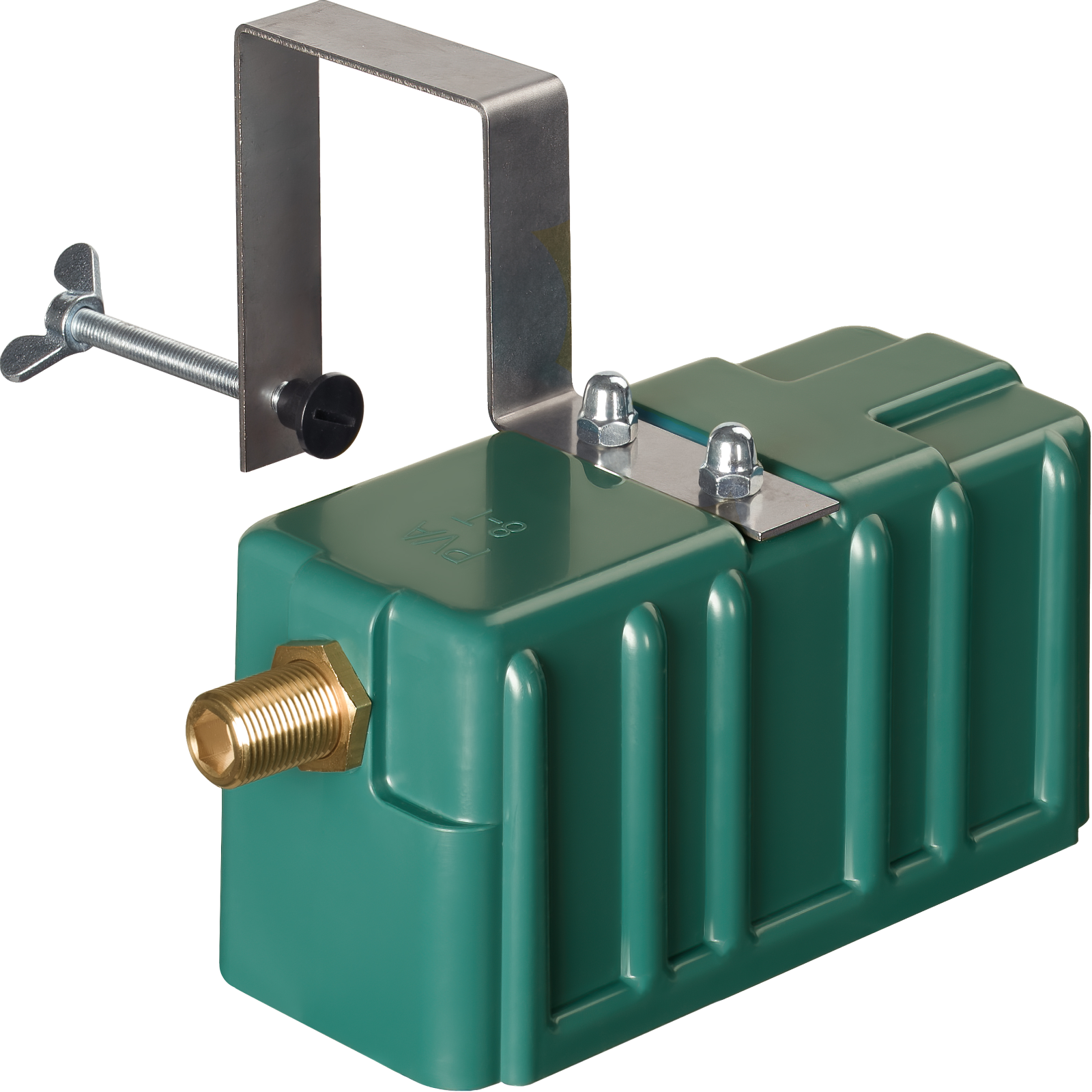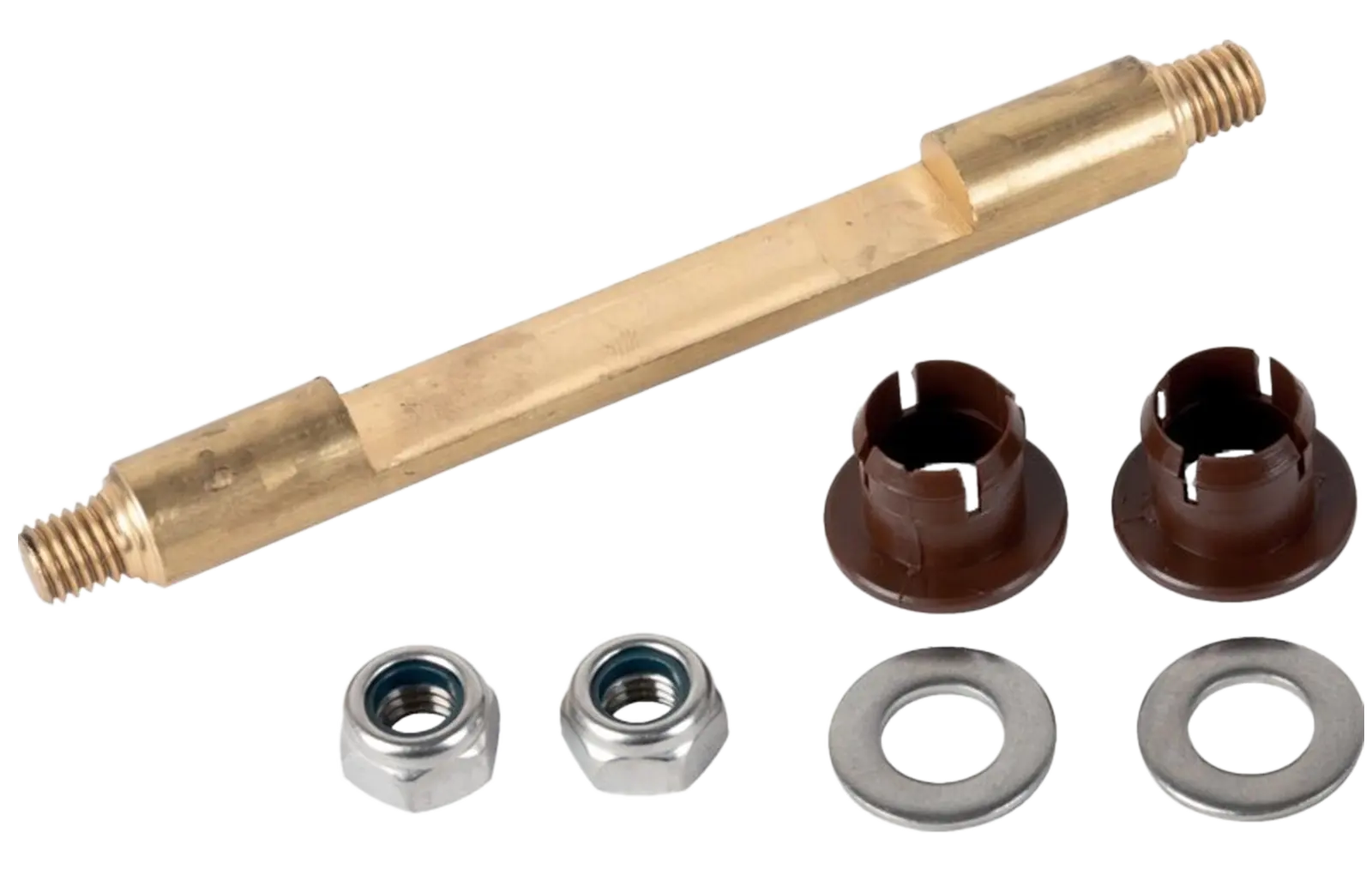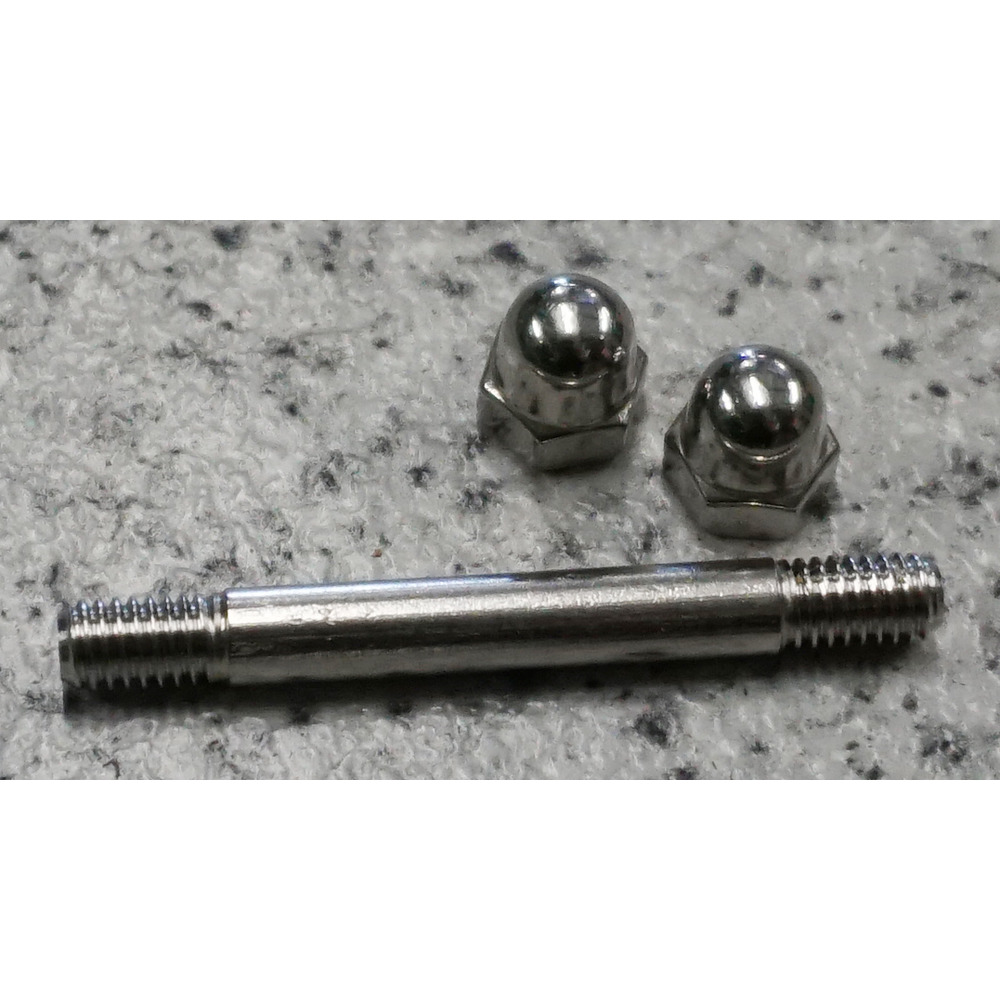17/01/2024
Water for your animals
No water. No life. An adequate supply of water for your animals serves as the basis for healthy development and life. If farm animals are provided with sufficient water, they are supplied with essential minerals and nutrients. Adequate quantity and quality play a key role in this. Clean water, maintenance and hygienic cleaning of the respective drinking troughs and systems prevent diseases and parasites. The variety of different designs, materials and systems allows for an individual and tailor-made solution for animals. When purchasing drinking troughs, make sure that you attach and install them correctly and that you keep contamination to a minimum. Make sure that the animals have access to a sufficient amount of water. Water intake is the main focus when designing and setting up the drinking troughs. The water requirements of individual animals depend on various factors such as temperature, feed intake and live weight.
Guidelines for the water requirements of cattle as an example on pasture:
Animals | mean value | maximum value |
| dairy cows | 70 | 180 |
| suckler cows | 50 | 100-120 |
| calves | 25 | 70 |
| young cattle up to 1 year | 20 | 30 |
| Calf up to 6 months | 15 | 25 |
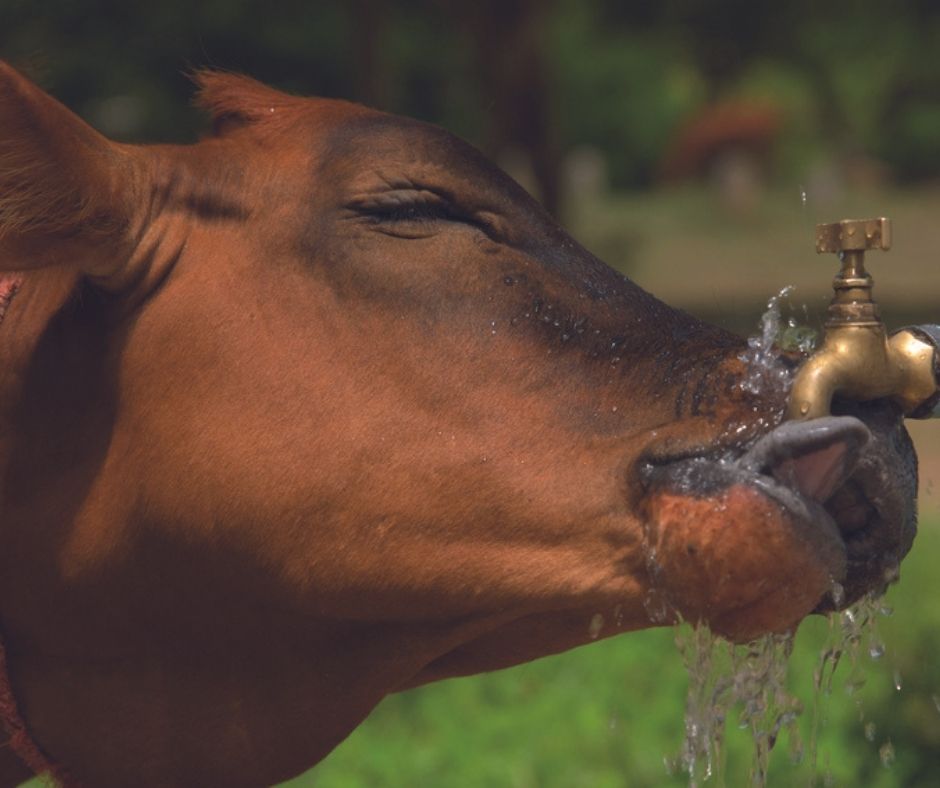
A lack of water in animals leads, among other things, to reduced feed intake and, at the same time, decreased performance. Urine thickens and leads to hard stools. If your animals lack vital water, they experience muscle cramps and coordination problems. From 5% of body water loss, the heart rate increases as the blood thickens. The heart muscle must work harder and pump harder to maintain circulation.
Avoid the most common causes of water shortages:
- Limited supply (adjust the length and capacity of troughs and basins to the number of animals and the needs)
- Malfunction (Check regularly whether the drinkers, teats, etc. are working and whether animals are actually receiving water)
- Positioning of the drinker (incorrect placement of the drinker often leads to contaminated water and a bad taste)

